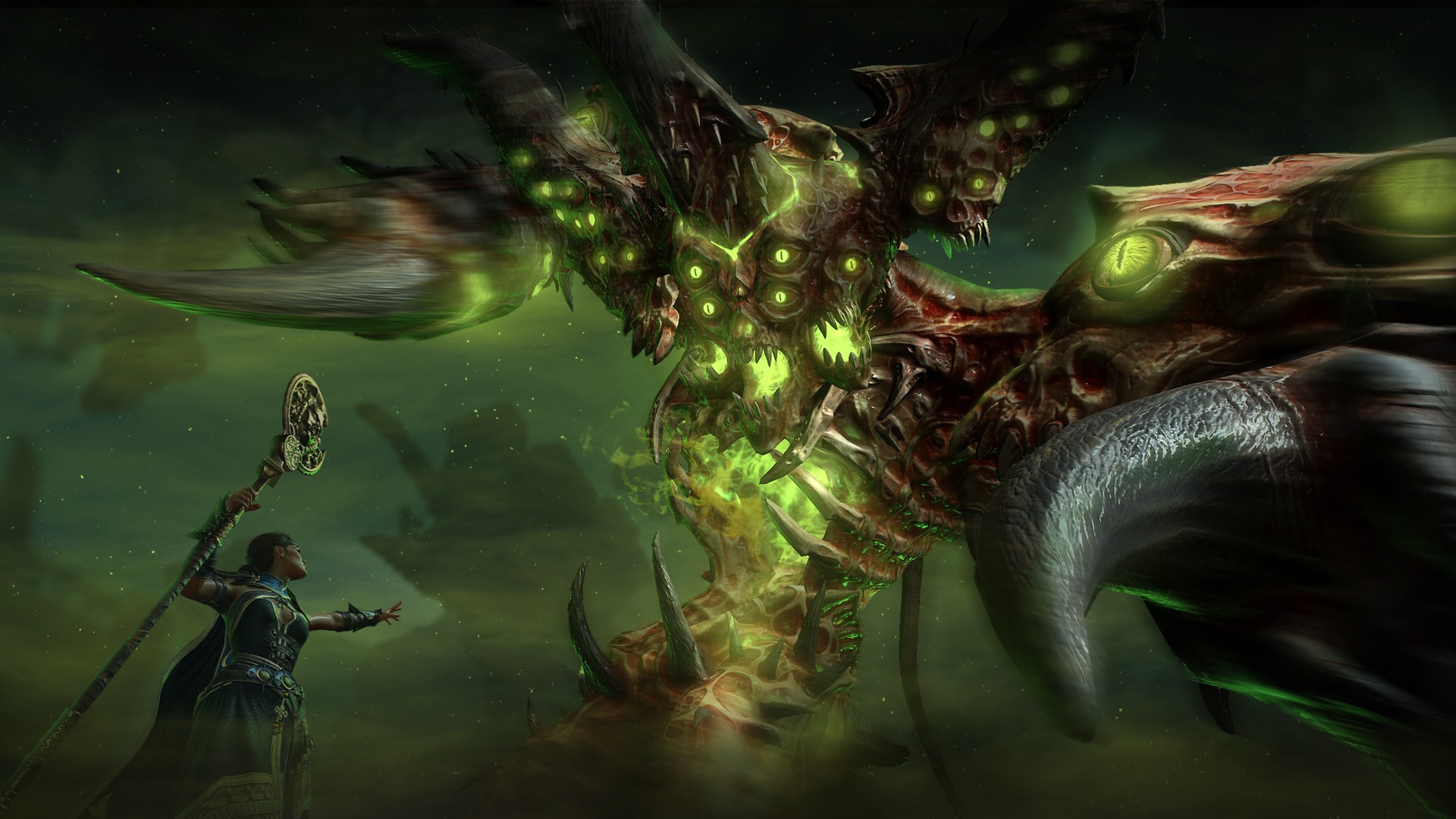The Book Club: A long-awaited Eowyn Ivey novel, “Dinners With Ruth” and more

Editor’s note: The opinions of the smart, well-read women in my Denver book club mean a lot, and often determine what the rest of us choose to pile onto our bedside tables. So we asked them, and all Denver Post readers, to share their mini-reviews with you. Have any to offer? Email bellis@denverpost.com. “A Fall of Marigolds,” by Susan Meissner (Penguin Group, 2014) A golden scarf with cascades of marigolds is the fabric that loosely ties Clara and Taryn, two young women who witness two of the greatest tragedies New York has ever seen. Clara barely escapes the Triangle Shirtwaist Fire and, 90 years later, Taryn is unexpectedly detained on her way to meet her husband in the World Trade Center on 9/11. Both women lose someone they love. Clara, a nurse, retreats to Ellis Island to care for the many sick immigrants who arrive each day; one of them gifts her his late wife’s beautiful scarf. Many years later, Taryn discovers the scarf while trying to piece her own life back together for the sake of her daughter, who was born after her husband died on 9/11. Both women seek to understand their losses and find love again, working through their guilt at having survived by mere chance while their loved ones perished. — 3 stars (out of 4); Karen Goldie Hartman, Westminster “The Line of Beauty,” by Alan Hollingsworth (Bloomsbury, 2005) A coming-of-age, as well as a coming-out story, set in Thatcher’s England of the 1980’s. This is also a novel of class and manners with a not-so-subtle nod to Henry James. Hollingsworth beautifully captures the freshness, wondrous amazement and constant yearnings of first love. But the protagonist is simultaneously fully human, as his stated pursuit of beauty confronts and conflicts with his lived pursuit of power and wealth. (Winner of the 2004 Booker Prize, and the 2004 Lambda Literary Award for Gay Fiction.) — 3 1/2 stars out of 4; Kathleen Lance, Denver “Black Woods Blue Sky,” by Eowyn Ivey (Random House, 2025) One of my favorite books is Ivey’s “To the Bright Edge of the World.” She hasn’t published in a few years, so I was excited for this new work, which once again features elements of magical realism, in this case an animal-bridegroom fable set in contemporary Alaska. The tale is tender and brutal, and absorbing enough to keep me reading. Even if you don’t care for the fairy tale, you may find you like the characters and appreciate the Alaskan setting. The descriptions are exceptionally vivid: I could practically smell the wildflowers and hear the mosquitos. After the fantasy-heavy middle section, the last part of the story was more realistic. The adult Emaleen was a logical extension of the character as a child, and her story arc was satisfying. — 2 stars (out of 4); Neva Gronert, Parker “Dinners with Ruth: A Memoir on the Power of Friendships,” by Nina Totenberg (Simon & Schuster, 2024) I thought this would be about Ruth and Nina and their friendship. While there are anecdotes about it, the subtitle tells us what this book is really about: all manner and forms of friendship, with examples drawn from Totenberg’s own life. And we should all take the time to reflect on and appreciate our own friendships. — 2 1/2 stars (out of 4); Kathleen Lance, Denver “Men Without Women,” by Haruki Murakami (First Vintage International, 2018) A glowing, iridescent collection of seven short stories, this volume trots out all the qualities for which Murakami is praised. Every sentence holds truths about human relationships without going overboard with hyperbole or falsehood. Set in Japan, every character is as familiar as your next-door neighbor. This doesn’t mean it lacks in excitement or mystery. Murakami’s work plays with mystical realism. In some stories, the reader wonders how the men and the women ever get together, hardly a new question in literature. In “Drive My Car,” an older musician must use the services of a driver to maintain his career, but where did he find such a perfect one? In “An Independent Organ,” a doctor is abandoned by his lover and starves himself to death because women can lie with a clear conscience. In “Samsa in Love,” Gregor wakes up naked in an abandoned house when a hunchbacked, female locksmith arrives to fix the lock. Strange? Yes, but related in a matter-of-fact manner. Superb! — 4 stars (out of 4); Bonnie McCune, Denver (bonniemccune.com)










![In 1972, the Soviet Union launched the Kosmos 482 probe to visit Venus. 53 years later, it's finally coming home [Interesting]](https://usrimg-full.fark.net/N/NJ/fark_NJrd_k-mYBHFE5PqSIUa6IwZuBw.jpg?AWSAccessKeyId=JO3ELGV4BGLFW7Y3EZXN&Expires=1746417600&Signature=tC6kHOl0j0aYQhJG1w%2F7UvxreW4%3D)







